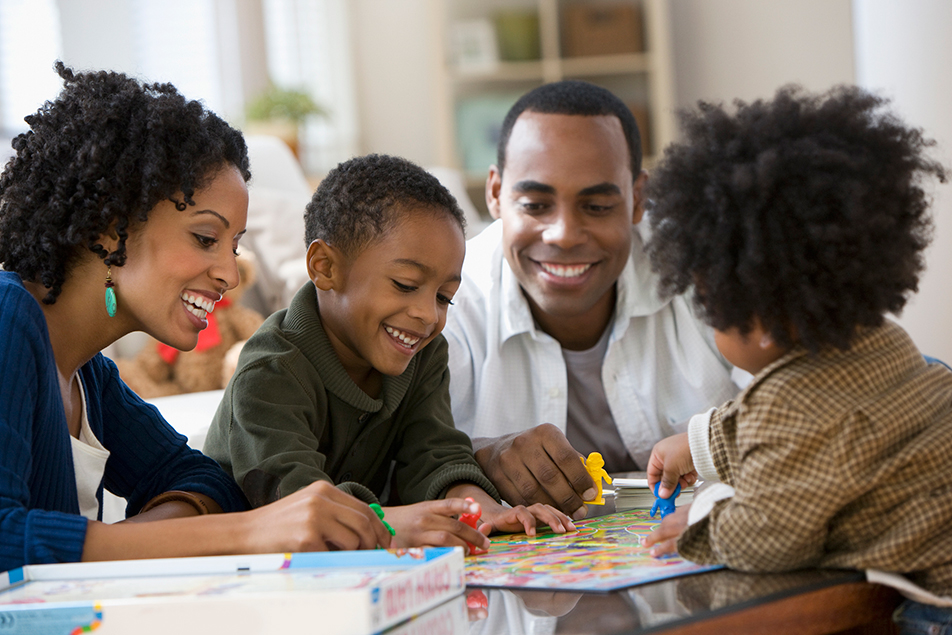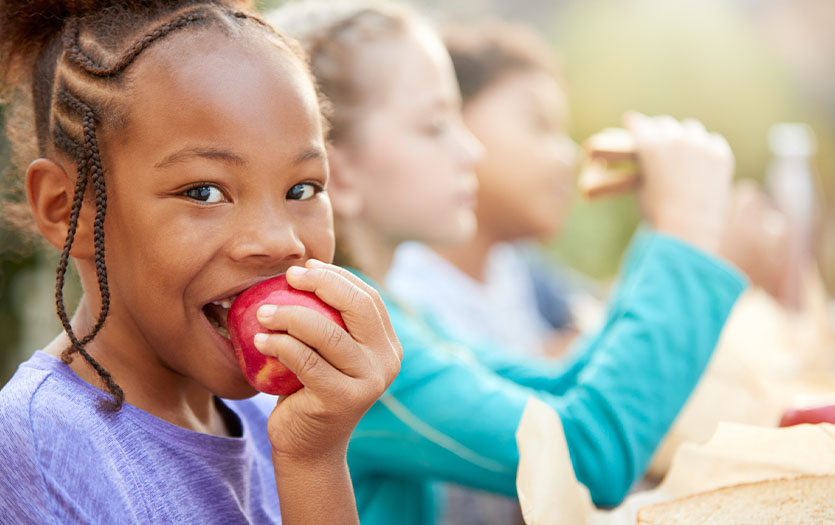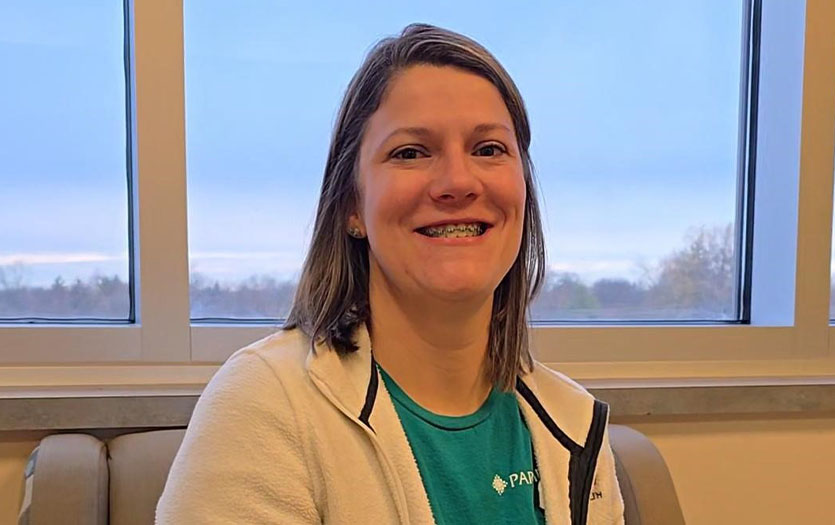
This post was written by Megan Kariger, MS, CCLS, DT, certified child life specialist, Parkview Health.
Over the last few weeks, your children have likely been hearing the words “coronavirus” and “COVID-19”. They are probably getting a lot of information the same way we are, through social media, their peers, family members and the news. However, children may not fully understand what coronavirus really is, only that it has changed their daily life significantly. They are no longer allowed to go to school, they cannot go out and everything seems to be closed.
Have you talked to your children about coronavirus?
Children need to understand what’s going on in their communities in order to cope effectively. To help educate children on coronavirus and to help decrease their fears and anxieties regarding this topic, we have some suggestions for talking points and navigating these discussions with your kids.
Their reaction and your reaction
Depending on their nature, your child might feel calm, confused, worried, curious, nervous or sad about coronavirus. It’s important to remember that children can and do pick up on their caregivers’ emotions and what they are saying, even if it seems as though they are in their own little world. As a result, their reactions to the virus are likely similar to the reaction that you are displaying.
Explaining COVID-19
Keep the explanation simple and relatable. “Coronavirus is a virus, that can spread the same way the common cold or the flu can spread. When coronavirus arrives in your community, it brings with it fever, cough and difficulty breathing.”
Remind your children that you will continue to take care of them and that you will keep them safe. You can also encourage them to help prevent the spread of coronavirus by washing their hands with soap and water while singing songs. For younger children, they could sing Happy Birthday, Baby Shark or the ABCs.
Additional resources
- The National Child Traumatic Stress Network
- National Association of School Psychologists
- Substance Abuse and Mental Health Services Administration
- National Public Radio
- CDC



